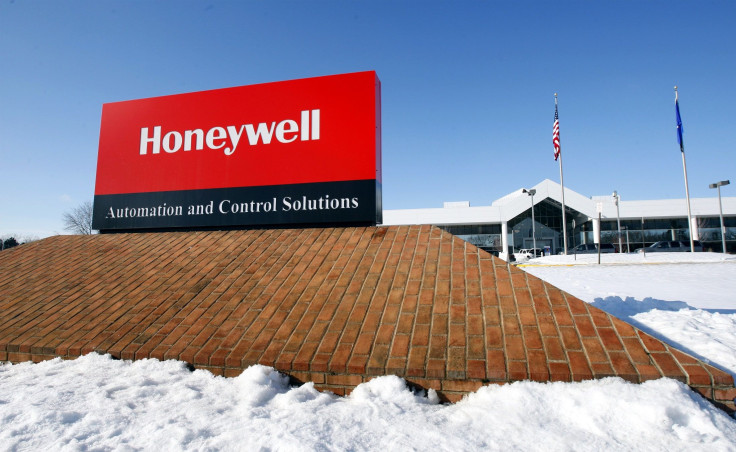United Tech Rejects Honeywell’s $90.7B Offer

U.S. industrial conglomerate United Technologies Corp. on Friday rejected a $90.7 billion offer by rival aerospace supplier Honeywell International Inc., saying that pursuing a merger would be "irresponsible" regarding its shareholders.
"We concluded that a combination would be blocked outright or, even if it were possible to complete a transaction, the regulatory delay, required divestitures and customer concerns and concessions would ultimately destroy shareholder value far beyond any synergies," United Technologies said in a regulatory filing.
"It would be irresponsible for UTC to move forward with the proposed combination," it said.
Honeywell said earlier Friday it had offered to buy United Technologies for about $90.7 billion, putting pressure on the reluctant aerospace supplier to come to the negotiating table.
A combined company would have almost $100 billion in annual sales, and double-digit earnings growth after they slashed costs, according to a presentation by Honeywell CEO David Cote to United Tech's top executives last week and made public Friday.
United Tech shares, part of the Dow Jones Industrial Average, turned lower in afternoon trading, down 0.8 percent to $97.36. That is well below Honeywell's $108-per-share offer, suggesting Wall Street, like United Tech, was skeptical about the combination.
United Tech is the parent of Otis elevators, Carrier air conditioners and Pratt & Whitney jet engines, while Honeywell makes thermostats, auto turbochargers and airplane cockpit electronics.
Areas of overlap between the companies include small aircraft engines, airplane power units and environmental systems, as well as wheels and brakes, CRT Capital analyst Peter Arment said in a note to clients.
Honeywell would likely have to divest many assets and raise its offer before a deal were done, Arment added. U.S. and European regulatory scrutiny would push the deal's completion well into 2017.
Honeywell said its offer includes $42.63 in cash and 0.614 of its shares for each United Tech share. The proposal represents a 22 percent premium to United Tech's closing price Feb. 19, the last trading day before the talks were made public.
Honeywell shares fell 0.5 percent at $103.70.
The companies said this week they had held merger talks but did not offer details. United Tech had said a deal would "face insurmountable regulatory obstacles."
"It just cannot happen," United Tech CEO Greg Hayes said on CNBC television this week. "There's just no way to get it done."
Hayes added that when United Tech announced it was buying aircraft components maker Goodrich in 2011, customers resisted, fearing the deal would concentrate too much pricing power in one supplier.
A merger could either be blocked outright or made conditional on significant divestitures after a lengthy and disruptive review that would destroy shareholder value, United Tech has said.
Honeywell, however, said potential regulatory issues would be "easily resolved."
In its presentation, Honeywell said a deal with United Tech would save $3.5 billion by cutting spending on raw materials, consolidating real estate and in other ways. Under the offer, Cote would lead the combined company.
A merger would create a behemoth responsible for much of the equipment on commercial airliners and would likely draw opposition from plane makers such as Airbus and Boeing Co., as well as the Pentagon.
The combined company would generate about 28 percent of sales from commercial aerospace customers, and 13 percent from the defense and space sectors, according to Honeywell's presentation.
United Tech's mix of business is currently more heavily weighed toward aerospace than Honeywell's.
© Copyright Thomson Reuters 2024. All rights reserved.











